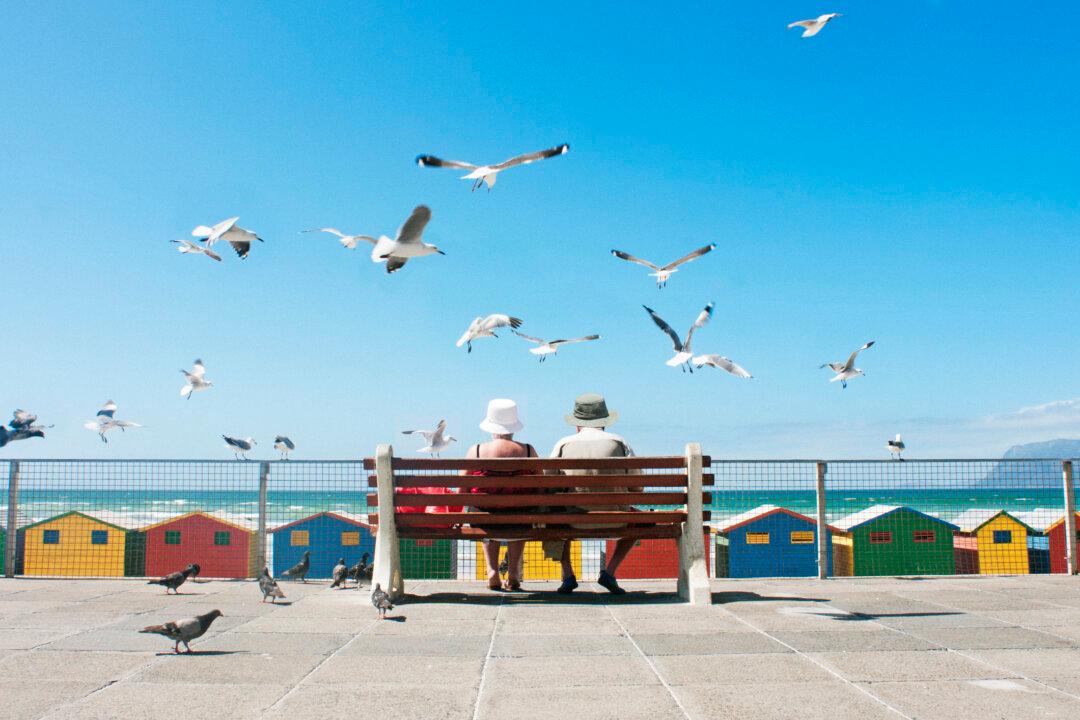We went a long, long way to relax, Nicole and I—halfway around the world. It was worth every one of the 12,038 outbound miles we flew. What did we do?
Almost nothing.

We went a long, long way to relax, Nicole and I—halfway around the world. It was worth every one of the 12,038 outbound miles we flew. What did we do?
Almost nothing.